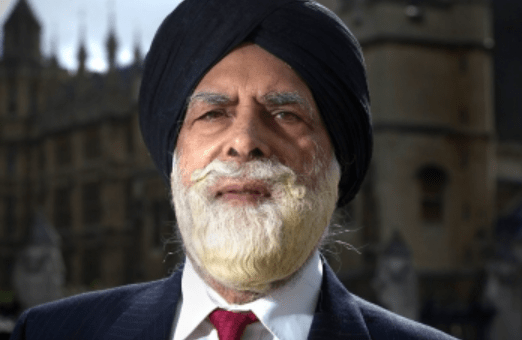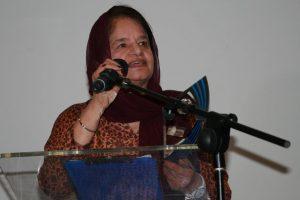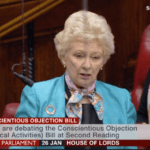Dear Khalsa ji,
Waheguru ji ka Khalsa; Waheguru ji ki Fateh.
As we leave 2021 and enter 2022, it is important that we look closely at the forces and pressures that resonate in the Sikh community and reflect on how these help or hinder us in living true to our Gurus’ teachings.
The Challenges
The Sikh religion consists primarily of the teachings of the Sikh Gurus enshrined in the Guru Granth Sahib.
Our Gurus experienced several challenges to their leadership from false claimants to the Guruship seeking to use the popularity of Sikh teachings to further their own selfish interests.
Guru Gobind Singh was acutely aware that these challenges would continue after him and gave us his far-sighted injunction ‘Guru Manio Granth’. That is that we should shun those who try to bend Sikh teachings for their own ends and follow the teachings of the Guru Granth Sahib as we would a living Guru.
The Sikh Gurus incorporated writings of Hindu and Muslim saints in the Guru Granth Sahib to emphasise that no religion has a monopoly of truth. In the same way, leading Sikh scholars who compiled the 1945 Sikh Rehat Maryada also accepted the authenticity of some writings, popularly attributed to Guru Gobind Singh found in the misleadingly titled Dasam Granth (a 19th century compendium of mostly amorous exploits of gods and goddesses compiled by a Brahmin called Chiber).
PRIORITIES FOR 2022
As Sikhs we must heed Guru Gobind Singh’s clear warning about false gurus, and totally reject the siren call of sants and babas, distorting and offering questionable short cuts to the disciplined life taught by the Gurus.
As a community we must also be aware of political lobbyists here in Britain, who push an agenda which stands in contradiction to the uplifting teachings of our Gurus. Sikhism is a global world religion open to all, irrespective of race, class or any other background as the Gurus rightly intended. Those who continue to tell us we are part of some kind of ‘ethnic’ group, must be challenged and their arguments strenuously refuted at every juncture.
On the international front the NSO has supported the Indian farmers’ right to peacefully protest and briefed MPs on the developments since the farmers’ uprising against laws which not only disadvantaged them but risked their very livelihoods. We will continue to support them.
There is much work to be done, we have worked tirelessly in many areas including helping Afghan Sikhs, making sure Sikhs are included in the hate crime debate, and fighting for our right to freedom of expression. On the latter we were part of a coalition of free speech defending groups pushing back on elements of the draft Scottish Hate Crime Bill – now the Hate Crime Act. With our coalition of partners in Free to Disagree, we managed to defend free speech and get an amendment in the Bill, to allow people to freely discuss religion without censorship or fear of criminal proceedings. The fight for minority rights has been another aspect of our ongoing work, and we continue to collaborate with groups including The APPG for International Freedom of Religion or Belief to both challenge and shine a torch on those who persecute minority faiths overseas.
THE ROLE OF SIKHISM IN 2022 AND BEYOND
The Sikh religion is a strong faith rooted in compassion and common sense and has nothing to fear from discussion and questioning which can only make its teachings clearer and stronger. Our Gurus were far-sighted human beings who far from claiming special powers, warned us against superstitious beliefs and idle speculation about peripherals of belief.
Our responsibility as Sikhs is to live true to the teachings of our Gurus and make them known to a wider world which in many ways has lost its ethical direction. Many coming across Sikh teachings for the first time applaud its powerful emphasis on the equality of all human beings, gender equality respect for freedom of belief, and our responsibility to work for a just and peaceful society.
The challenge for all Sikhs in 2022 is to look beyond ourselves, and while being true to Sikh teachings, commit ourselves to living these values in serving the wider community. If we can overcome our petty internal divisions by focusing on the actual teachings of our Gurus and live the life they taught, 2022 can be an important year of unity and fulfilment for us all.
Indarjit Singh CBE,
Lord Singh of Wimbledon
Director, Network of Sikh Organisations (NSO) UK





